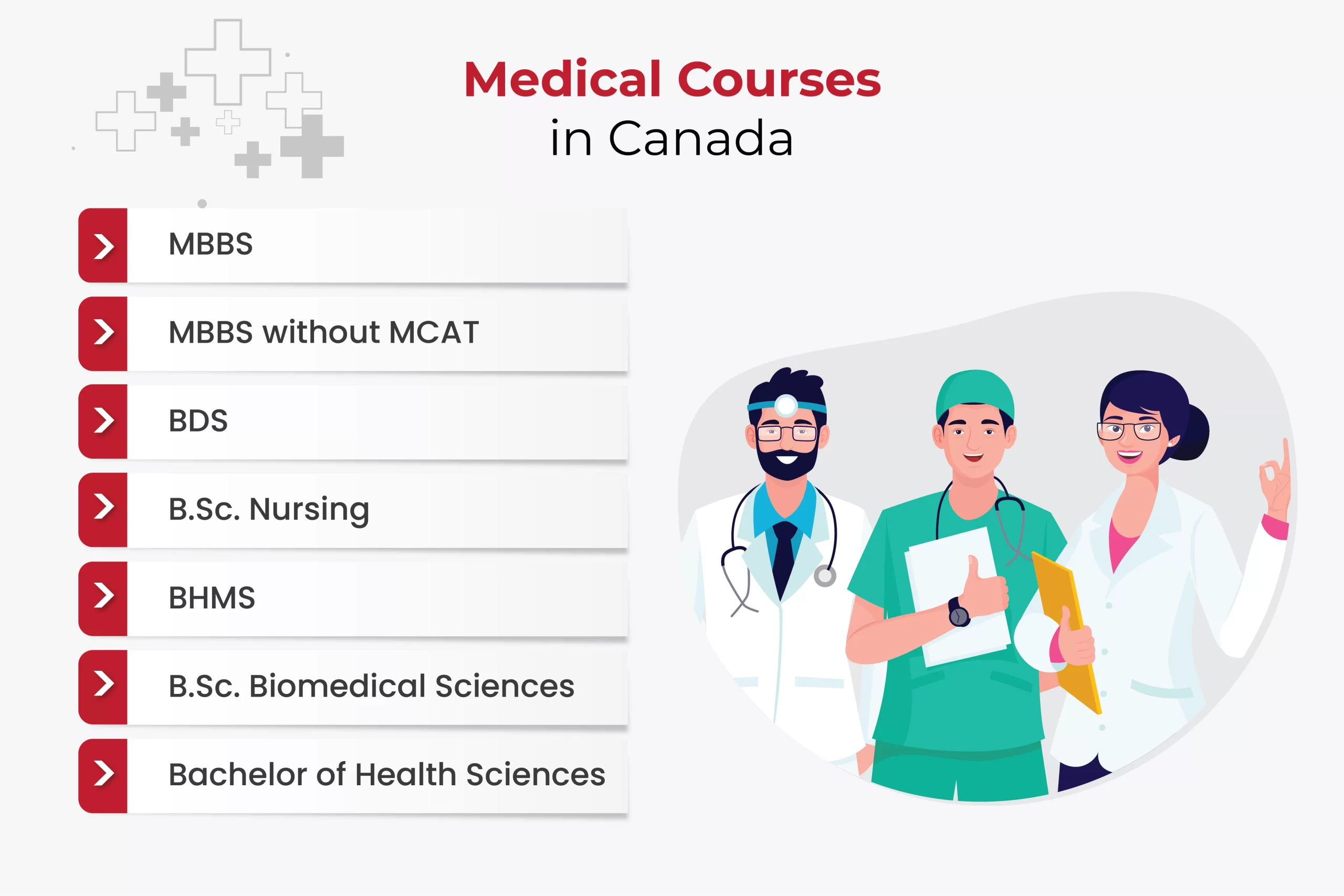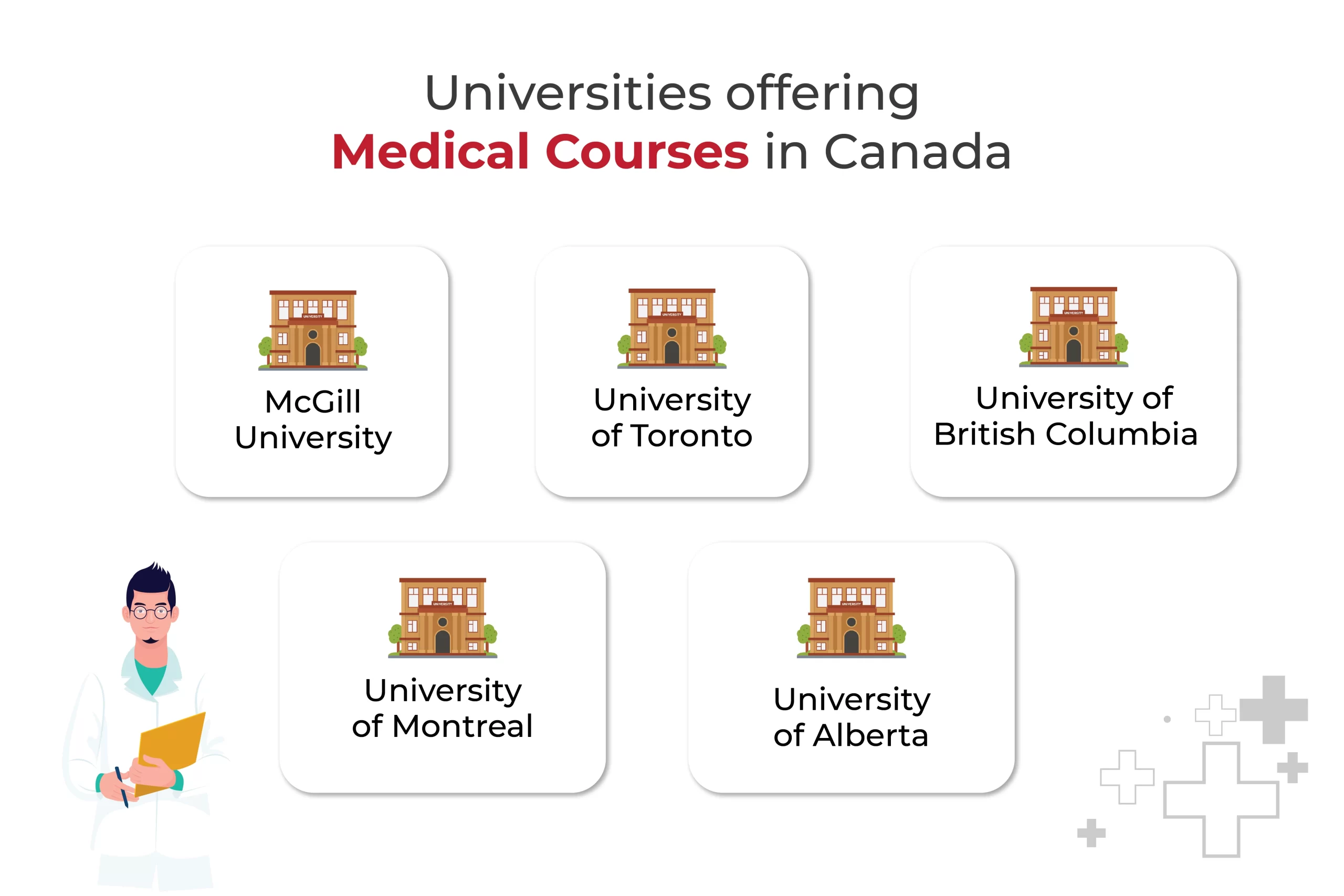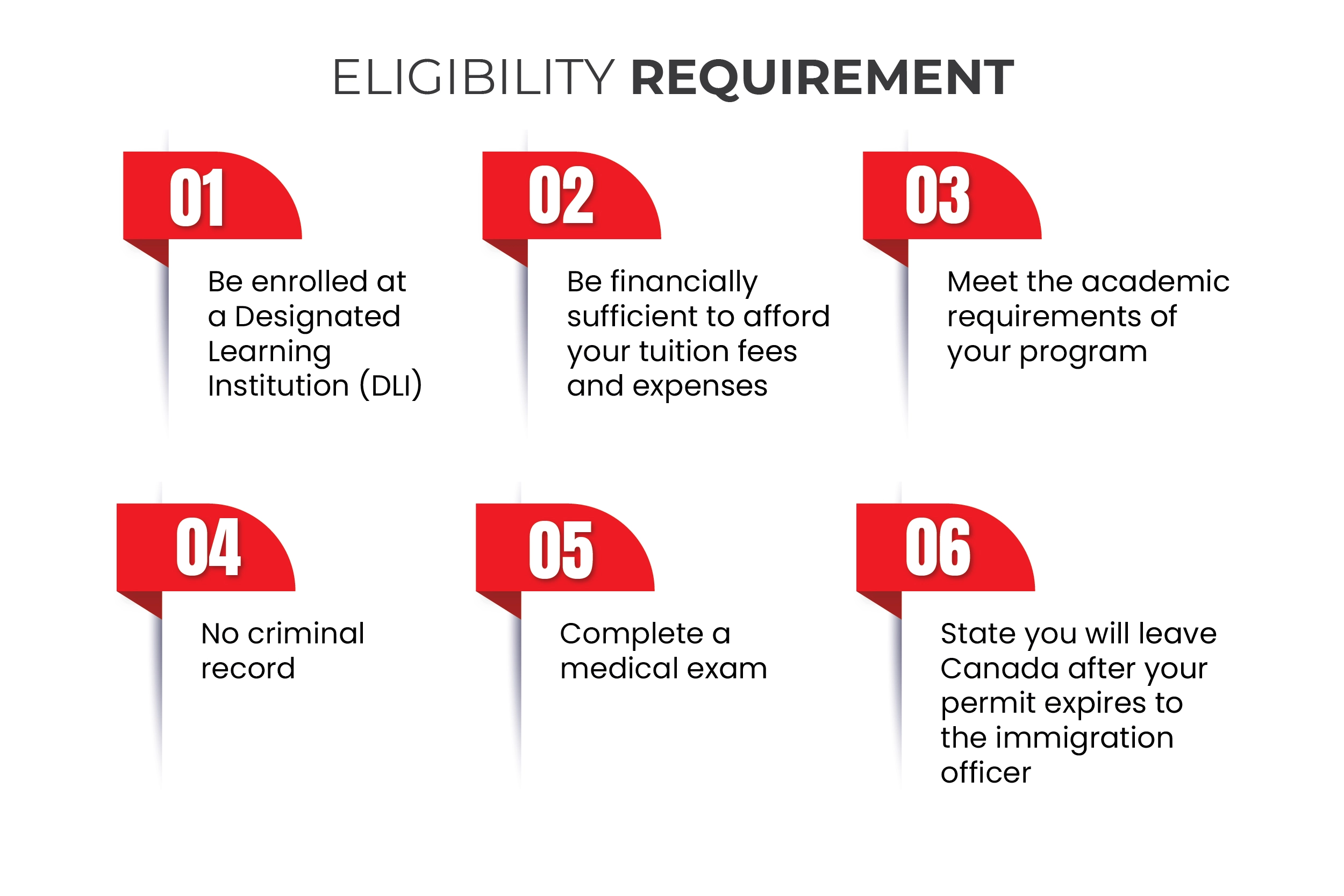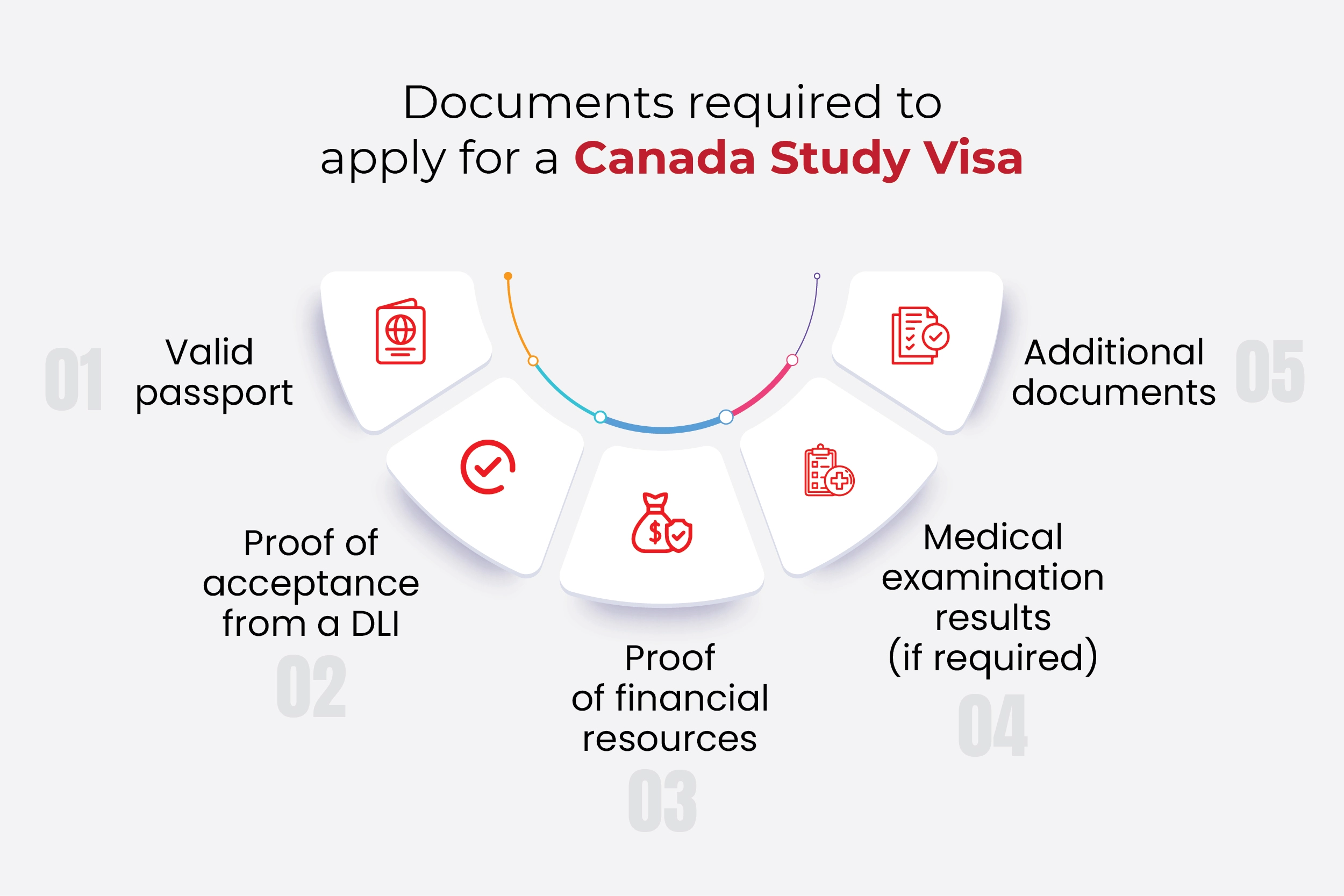Highlights:
?48% of Canada study permits, as of September 2023, were issued to Indians for pursuing Business programs.
?International students from Nigeria drove growth in health study programs, whereas Indians dominated the postgraduate level of health and general science programs.
?Indians remained the highest takers of computer and IT programs at undergraduate levels but students from China dominated postgraduate computer programs.
?International students from African countries dominate growth in Engineering study programs.
Canada in recent times welcomed over 800,000 international students in 2022, with projections exceeding 900,000 in 2023 to pursue international student programs in Canada.
A potent blend of academic excellence, promising career options, and immigration pathways drives the influx of international students in Canada. However, the newly implemented temporary cap on international students may impact your study abroad plans.
Careful planning is paramount. Strengthening your academic profile, ensuring a clear link between your studies and regional needs, and staying updated on policy changes are crucial steps ahead.
This blog uncovers exciting new trends in international student programs, offering a sneak peek into the diverse experiences awaiting you.
A Shift in Faces: The Rise of New Student Populations

Gone are the days of one dominant nationality in Canadian Universities. The landscape is diversifying rapidly, with exciting changes:
1. Nigeria’s Surge: Nigerians are taking the lead, with study permits issued growing a whopping 44% in just six months! They’re now the fastest-growing international student group, injecting fresh perspectives and cultural richness into campuses.
2. India’s Evolving Story: Although still holding the top spot, the number of Indian students is seeing a shift. Applications are down by over 40% compared to 2022, suggesting new preferences emerging.
Top 4 International Student Programs in Canada
| Postgraduate Business programs | Health and general science programs |
| Computing and IT programs | Engineering programs |
➢ Post Graduate Business Programs Dominate Canadian Study Permits

Both international and Indian students are increasingly drawn to this field, with business programs claiming half of all Indian postgraduate study permits issued in 2023.
This growing demand is reflected in the fact that business programs accounted for nearly half of all study permits issued to Indian postgraduate students, as of September 2023.
This trend also extends to the broader international student body, with business and management courses capturing a larger proportion of study permits issued in 2023 compared to the entirety of 2022.
Business programs have exhibited sustained growth in their share of Canadian student visas since 2016. Postgraduate business studies experienced the most significant growth, with a staggering 180% increase, leading to 38% of all issued study permits.
➢ Growing Preference for Health and General Science Programs

Undergraduate health and general science programs witnessed a significant 51% increase in international student enrollment between January and September 2023 compared to 2019.
This growth is largely attributed to a surge in Nigerian students, with over 1,300 receiving study permits for these programs in 2023, representing a remarkable 430% increase from 2019.
Ghana also emerges as a promising source of diversity, with undergraduate study permit issuance in health and general science programs doubling in 2023 compared to 2022 and witnessing a staggering 660% growth since 2019.
At the postgraduate level, these programs experienced a 25% expansion by September 2023 compared to 2019, driven by students from India (+20%), Iran (+41%), and Nigeria (+230%).
➢ Computing and IT Programs Record Highest Growth in Study Permits

Among many international student programs in Canada, Computing and information technology (IT) programs witnessed the most significant surge in international student enrollment at the undergraduate level.
It experienced an impressive 110% growth from January to September 2023 compared to the full year of 2019. This surpasses the growth observed in any other field of study.
While India remains the leading source of students in this field, accounting for 30.5% of issued visas, several countries are contributing to the increasing popularity.
Notably, Nigeria, Algeria, Guinea, and Nepal saw a 3 percentage point increase each in the proportion of issued visas for these programs in 2023 compared to 2019.
At the postgraduate level, computing and IT experienced a 70% growth by September 2023 compared to 2019, with Chinese students driving this trend. The number of study permits issued to Chinese students for these programs increased by 74% compared to 2022 and 170% compared to 2019.
➢ Engineering Courses Saw a Steady Demand among International Students

Undergraduate engineering programs experienced a notable 32% increase in international student enrollment between January and September 2023 compared to full-year 2019.
Notably, students from African countries are playing a vital role in both expanding and diversifying the field. As of September 2023, five out of the top 10 and twelve out of the top 20 undergraduate engineering student populations at Canadian universities hail from African nations.
Furthermore, no other country outside of Africa witnessed an increase exceeding 10% compared to 2022, highlighting the continent’s crucial contribution to this field’s dynamism.
At the postgraduate level, engineering demonstrates continued growth, expanding by 41% through September 2023 compared to 2019.
This growth is fuelled by a shift in student diversity, with emerging populations like Algeria, Nigeria, Bangladesh, Pakistan, and Ghana experiencing over 100% increases in their postgraduate engineering student numbers during this period.
Opportunities for International Students in Canada
Canada offers a wealth of opportunities for international students, both academically and personally. Here’s a breakdown of some key benefits:
1. Personal Growth: Studying abroad can be a transformative experience, fostering independence, adaptability, and critical thinking skills. It can also be a chance to explore your interests and discover new passions.
2. Career Prospects: A Canadian education can open doors to career opportunities both in Canada and internationally. Graduates with Canadian degrees are highly sought-after by employers due to the quality of education and diverse experience they gain.
3. Travel and Exploration: Canada boasts stunning natural beauty, from majestic mountains and lakes to cosmopolitan cities. You’ll have ample opportunities to travel and explore different parts of the country during your studies and breaks.
4. Pathways to Permanent Residency: After graduation, you may be eligible for a Post-Graduation Work Permit (PGWP) to gain valuable Canadian work experience. This can then lead to applying for permanent residency and building a career in Canada.
Furthermore, international students who have graduated from master’s programs or other short graduate-level programs can now apply for a 3-year work permit. Earlier students may apply for work permits based on the length of the individual’s study program.
Book your free appointment with our expert counselors to determine your best study abroad chances.











